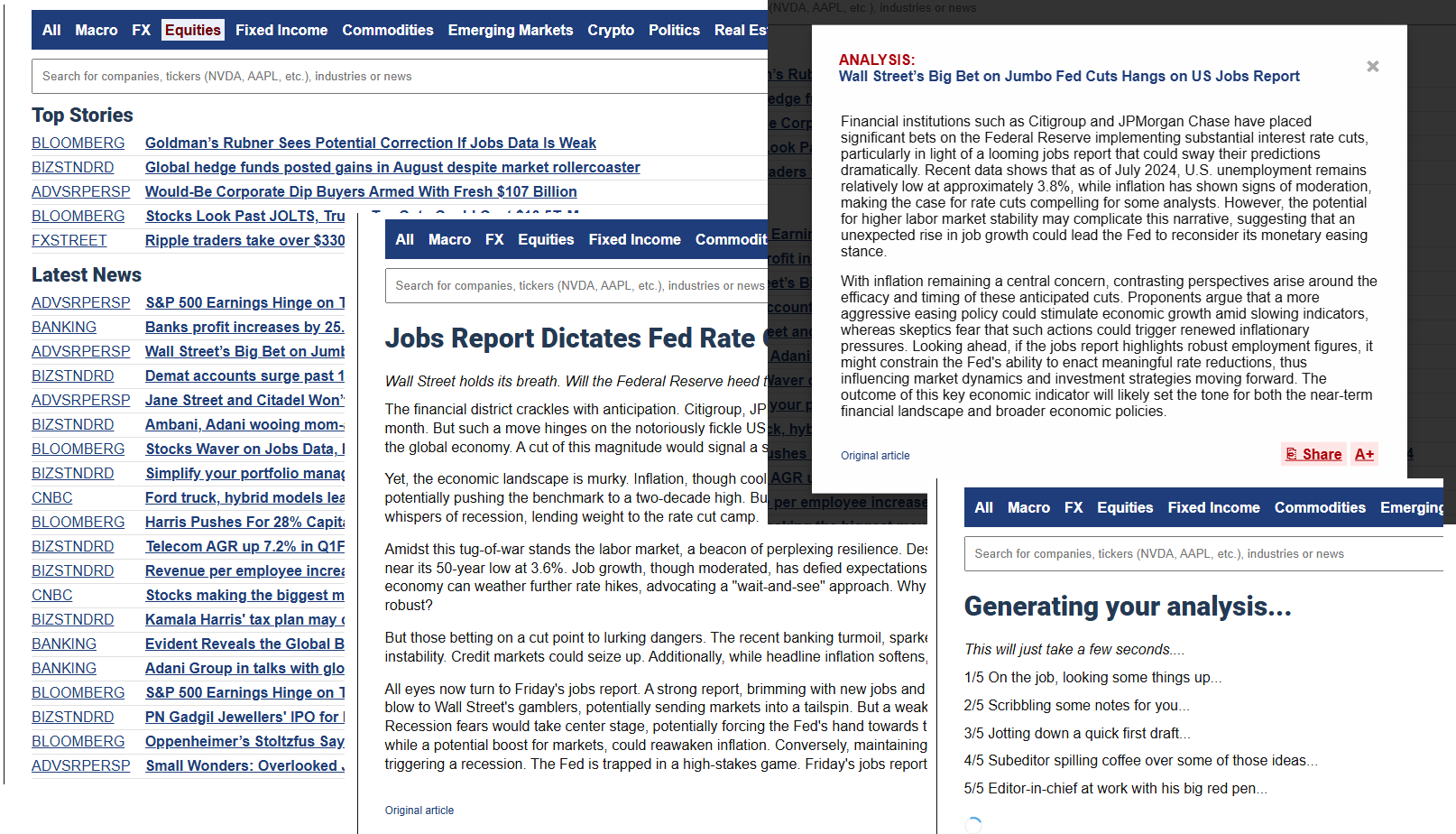Abercrombie Navigates Scandals And Success Amid Market Fluctuations
Abercrombie & Fitch finds itself in a complex position as its recent market performance and corporate reputation face contrasting forces. Despite closing at $131.26 per share, experiencing a minor 0.4% dip against the S&P 500's 0.41% gain, the company holds a resilient position in the retail sector. Analysts remain optimistic about its consistent earnings performance, predicting another potential earnings beat. This optimism persists even as investors remain cautious due to broader issues that may affect retail investments beyond simple financial metrics, highlighting the layered nature of retail stock analysis.
Central to Abercrombie's current predicament are the serious allegations involving former CEO Mike Jeffries, who has been implicated in a sex trafficking scandal. This controversy poses a significant risk to the brand's image, compelling Abercrombie to manage the dual challenge of cooperating with legal investigations and distancing itself from the reputational damage. As the company pledges full cooperation with law enforcement, investor confidence and consumer perceptions could be significantly influenced, underscoring the fragile balance between maintaining public trust and handling internal issues effectively.
Amidst these challenges, Abercrombie's brand rejuvenation efforts have shown encouraging results. With a strategic initiative aimed at embracing a more inclusive and modern image to attract millennial and Gen Z consumers, the company reported an impressive 21% increase in sales. This shift represents a move away from its traditional brand image towards a more adaptive identity, underpinned by innovation through artificial intelligence and partnerships with entities such as the NFL. These steps demonstrate Abercrombie’s commitment to solidifying its relevance in the increasingly digital retail environment.
From an economic perspective, forecasts for Abercrombie remain tentatively positive. Analysts anticipate the company may outperform earnings expectations again, buoyed by an unpredictable macroeconomic climate. With manufacturing and services data indicating gradual improvement, uncertainties still linger, exacerbated by the upcoming U.S. presidential election, which could unpredictably sway consumer confidence and spending behavior. This political uncertainty introduces an additional layer of complexity to retail projections, urging cautious optimism among market participants.
Externally, Abercrombie confronts pressures not only from internal controversies but also from competitive dynamics and larger economic factors. As peer retailers like Costco and Boot Barn face their unique hurdles, Abercrombie must continually refine its pricing strategies and product offerings. This competitive environment reinforces the need for strategic differentiation and robust financial resilience.
The broader retail market continues to recognize Abercrombie's presence, with recent features in industry analyses such as the Zacks Analyst Blog positioning it alongside major retail players like Target. This recognition underscores Abercrombie's significant role within the narrative of retail evolution, demanding careful investor scrutiny. The delicate act of balancing brand revitalization with operational transparency and reputational recovery paints a comprehensive picture of the strategic challenges Abercrombie faces.
Looking beyond immediate financial performance, Abercrombie's journey illustrates corporate transformation amidst adversity. As it seeks to navigate the repercussions of past leadership controversies, it simultaneously strives for a future characterized by ethical governance and customer-centric innovation. This dual focus on redemption and transformation offers a potential roadmap for retailers operating in an era of heightened social awareness and consumer vigilance.
Technological integration plays a crucial role in Abercrombie's forward-thinking strategy. By leveraging artificial intelligence to enhance customer experiences and achieve operational efficiencies, the company positions itself for sustainable growth. These advancements serve as critical components of Abercrombie's strategy to not just endure but to thrive in a market that is rapidly adapting to digital imperatives.
The broader societal shifts surrounding Abercrombie highlight the need for companies to remain agile and responsive amidst changing consumer and regulatory landscapes. In an environment where energy sustainability and geopolitical concerns are gaining prominence, the intersection of regulatory compliance, ethical engagement, and corporate responsibility is increasingly intertwined with financial success. For Abercrombie, these complex dynamics offer both significant challenges and opportunities for growth.
Ultimately, Abercrombie's ability to successfully navigate these multifaceted challenges will determine its future. Investors and consumers alike will be closely monitoring how the company aligns its strong financial performance with its efforts to rehabilitate its reputation in an ever-changing economic climate. This journey demands astute leadership and decisive corporate action, reinforcing Abercrombie's resolve to strengthen its market position in a competitive retail landscape. As global economic recovery efforts continue, Abercrombie's trajectory reflects the broader adaptability of the retail sector amidst uncertainty.
AI-Powered trading insights: join our email list
Real-Time Market Analysis
Get instant insights on market trends, news impact, and trading opportunities.

